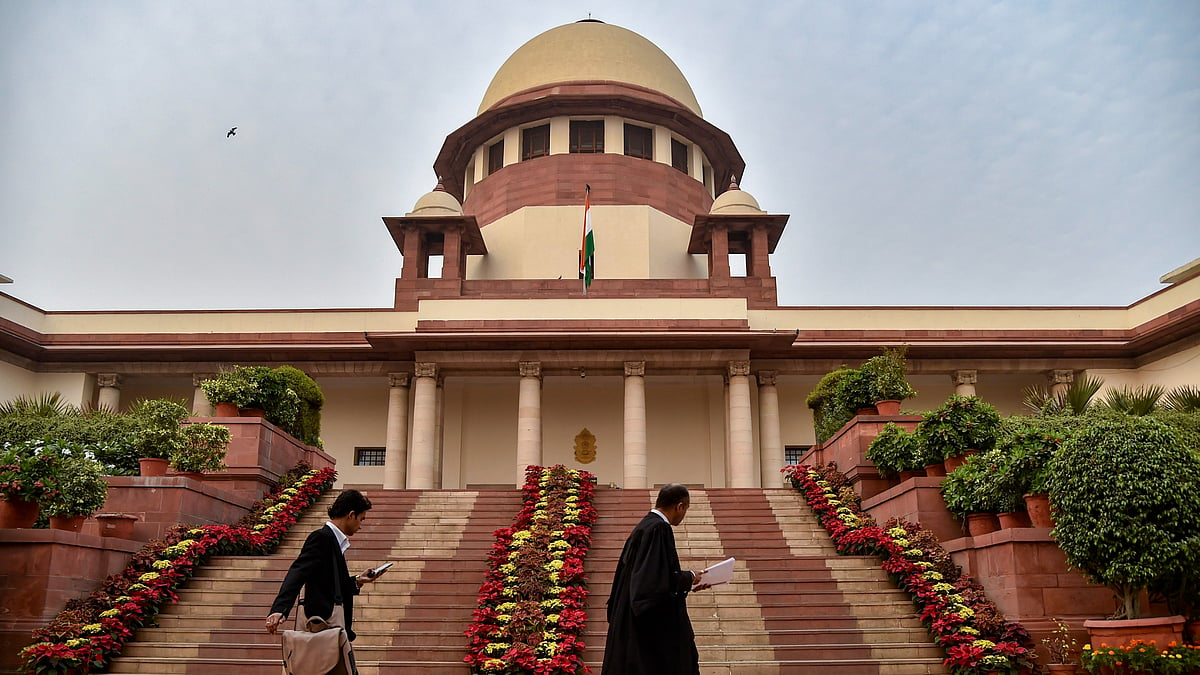The three controversial farm bills passed by Parliament recently have been termed ‘anti-farmer’ by major opposition parties, as well as BJP ally Shiromani Akali Dal, which has quit the ruling NDA over the issue. The passage of these bills, which received the President’s assent on Sunday, in a charged session of the Rajya Sabha in the preceding week, have triggered widespread protests by farmers in various states; the loudest protests have come from Punjab and Haryana. Prime Minister Narendra Modi has said that the protests were being instigated by the Opposition, which was misleading the farmers. Agriculture Minister Narendra Singh Tomar has called the three contentious bills ‘historic’ legislations that would ‘bring a change in the lives of farmers’. But Opposition parties and farmers are not convinced.
They have accused the Government of signing a ‘death warrant’ and trying to destroy the farmers and the agriculture sector. The manner in which the Government moved on the agricultural legislations, rejecting the Opposition’s demand to send the contentious bills to a select committee for review, and the haste with which they were passed in the two houses of Parliament left little scope for a democratic debate and dissenting voices to be heard in a meaningful manner. The bills have split opinions between the Government and the Opposition: while the Prime Minister has called the farm reforms a ‘watershed moment’ for agriculture in India, the Opposition’s worry is that the bills will benefit corporate interests at the expense of farmers.
The Government has said the bills will help small and marginal farmers get competitive prices, but farmers are concerned that these will eliminate the Minimum Support Price (MSP), currently guaranteed by the government. Farmers also see the bills as unfair and exploitative. Pro-reform experts are also not fully convinced by the reforms: in their opinion, it’s a piecemeal approach that is unlikely to do much. So, what exactly do the bills propose and what’s the issue that has caused such a political row and loud protest? In the ensuing political fracas of divided voices, conflicting opinions and there is little clarity on how the reforms will play out in reality and whether they will benefit farmers.accusations,
While the reforms are aimed at bringing far-reaching changes to India’s agriculture landscape, farmers fear that they are the precursor to the dismantling of the procurement of farm produce, particularly wheat and paddy, at the MSP. They also apprehend that these reforms will also eventually lead to undoing of the Agricultural Produce Market Committee (APMC) wholesale markets or mandis. The government has denied that the reforms are intended at dismantling of the MSP and the APMC mandis. The Prime Minister has also assured farmers that the MSP will not be done away with. But farmers and Opposition parties are not convinced.
According to them, a verbal assurance is not the same as a law and it is not legally binding on government to honour an unwritten commitment. The Opposition’s demand is that the MSP should be mandated by law. The farmers are also demanding that the government should enact laws on the support price, which, in their opinion, will stop their excessive exploitation by middlemen and corporates and will increase the farmers’ income. They are also demanding that crop purchases below the support price should be classified as a crime. The government, on its part, is projecting the bills as ‘one nation, one market’ reform, but farmers’ organisations say that the bills were brought in without consulting farmers.
If the government is justified in defending the bills as a long pending major step towards agricultural reforms, the farmers’ apprehensions are not entirely unjustified, given that these reforms will bring significant changes in existing farm trade practices. Clearly, the haste with which the ordinances were brought in and the bills were passed has broken the trust between the government and farmers. The government is saying that the reforms will allow buying and selling of crops outside the APMC wholesale markets, thereby forging alternative marketing channels for farmers, besides creating competition for the APMC mandis. But the open market policy has failed to convince farmers; they fear becoming captive to private players.
Beyond the contentious circumstances in which the bills were passed, the farm sector legislations have led to loud protests because they seek to allow market forces into the largely-regulated agricultural sector in India. Currently, the farmers sell their produce to wholesale mandis governed by the APMC. In every state, the APMC decides the prices it will pay the farmers, and then sells the produce further. Historically, this has meant that the farmers have market certainty to sell their produce. But the reforms will loosen the rules around sale, pricing and storage of farm produce: rules that have protected farmers from free market for decades. They also allow private buyers to hoard essential commodities for further sales, which only government-authorised agents could do earlier.
One of the biggest changes is that farmers will be allowed to sell their produce at market price directly to private players. This is in sharp contrast with the current practice, under which farmers sell the majority of their produce at government-controlled wholesale markets at assured floor prices. The farmers’ major concern is that the reforms will eventually lead to the end of wholesale markets and assured prices, leaving them without any back-up option. This will lead, they fear, to exploitation of farmers who will be forced to sell their produce at any price they are offered. The fear stems from the long-standing convention of the MSP, which the government offers as a cushion to farmers against a sharp price fall during a particular season.
Farmers and opposition parties fear that the MSP would lose its teeth or become irrelevant with pure marketplay. The Government has argued that by allowing private players into agricultural trade, farmers can potentially negotiate higher prices, which will lead to their economic prosperity. This sounds good on paper but is unlikely to be the case in reality. There is no denying that while farmers have long been a crucial vote bank for political parties, agriculture, which employs 55 per cent of India’s workforce, has been in desperate need of reforms. But opinions are divided on whether the new legislations are a panacea for agrarian distress. There are two diametrically opposite views.
One view is that they will improve farm incomes, attract investment and technology, increase productivity and free the market from the control of middlemen. The other view is based on experience across the world, which has shown that corporatisation of agriculture, contrary to improving farm incomes, has often depressed them. Agriculture experts are of the view that though the current system has its problems and needs to be reformed, in a country where 55 per cent of the workforce is dependent on agriculture, leaving farmers to the whims of the market may not be the right solution to the problem. Probably the best option is to set the floor price to protect farmers and give them the choice of selling their produce either in APMC mandis or to private players at higher prices.
The author is an independent senior journalist









